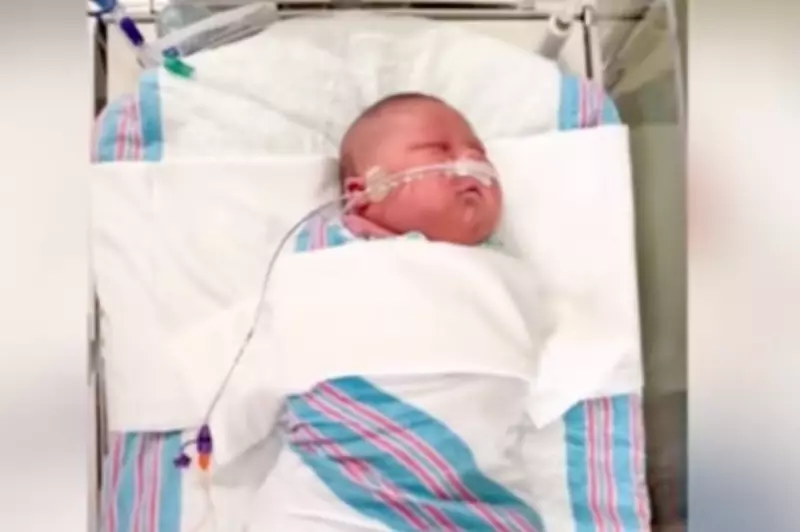
A mother's terrifying ordeal has become a vital lesson for parents worldwide after her viral TikTok video documented the heart-stopping moment her baby stopped breathing. Shelby Martin, from the UK, made the courageous decision to share her family's emergency to educate other parents about recognising danger signs in infants.
The Panic-Filled Moment That Changed Everything
What began as an ordinary day quickly descended into nightmare territory when Martin noticed her infant son displaying alarming symptoms. "He went really pale and floppy," she recounted, describing the moments that would haunt any parent. The situation escalated rapidly when the baby suddenly stopped breathing entirely.
From Personal Trauma to Public Service
Rather than keeping her family's scare private, Martin transformed her trauma into a powerful educational tool. Her TikTok video, which has amassed millions of views, shows the raw reality of a paediatric emergency while demonstrating crucial response techniques.
Key warning signs every parent should know:
- Sudden paleness and loss of colour
- Becoming limp or unresponsive
- Irregular breathing patterns or cessation
- Change in muscle tone
Medical Professionals Weigh In
Healthcare experts have praised Martin's initiative, noting that such real-life demonstrations can significantly improve parental preparedness. "When seconds count, knowing what to look for can make all the difference," one paediatric consultant commented. The video has sparked important conversations about infant CPR and emergency response training for caregivers.
A Wave of Gratitude and Shared Experiences
The response to Martin's video has been overwhelming, with thousands of parents sharing their own experiences and thanking her for the potentially life-saving information. Many have reported feeling better equipped to handle similar situations after watching her demonstration.
Martin's message to other parents is clear: "Trust your instincts. If something doesn't seem right with your baby, seek medical attention immediately. It's always better to be safe than sorry."





